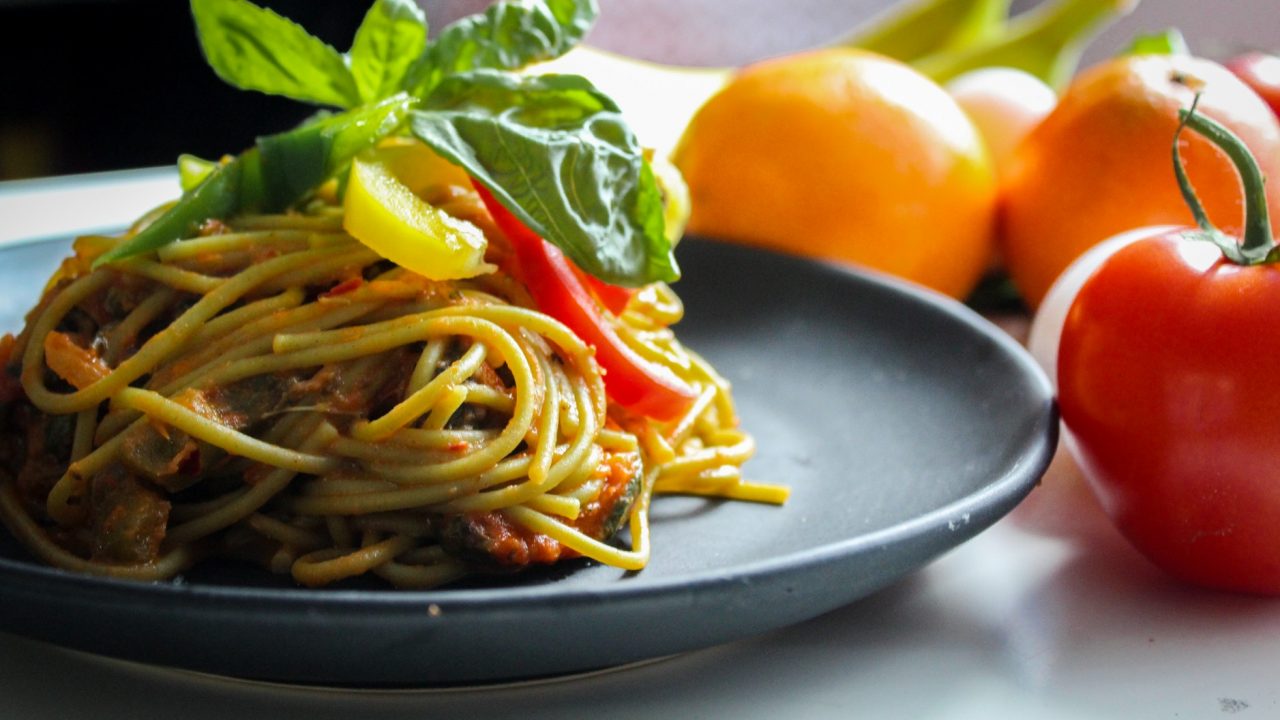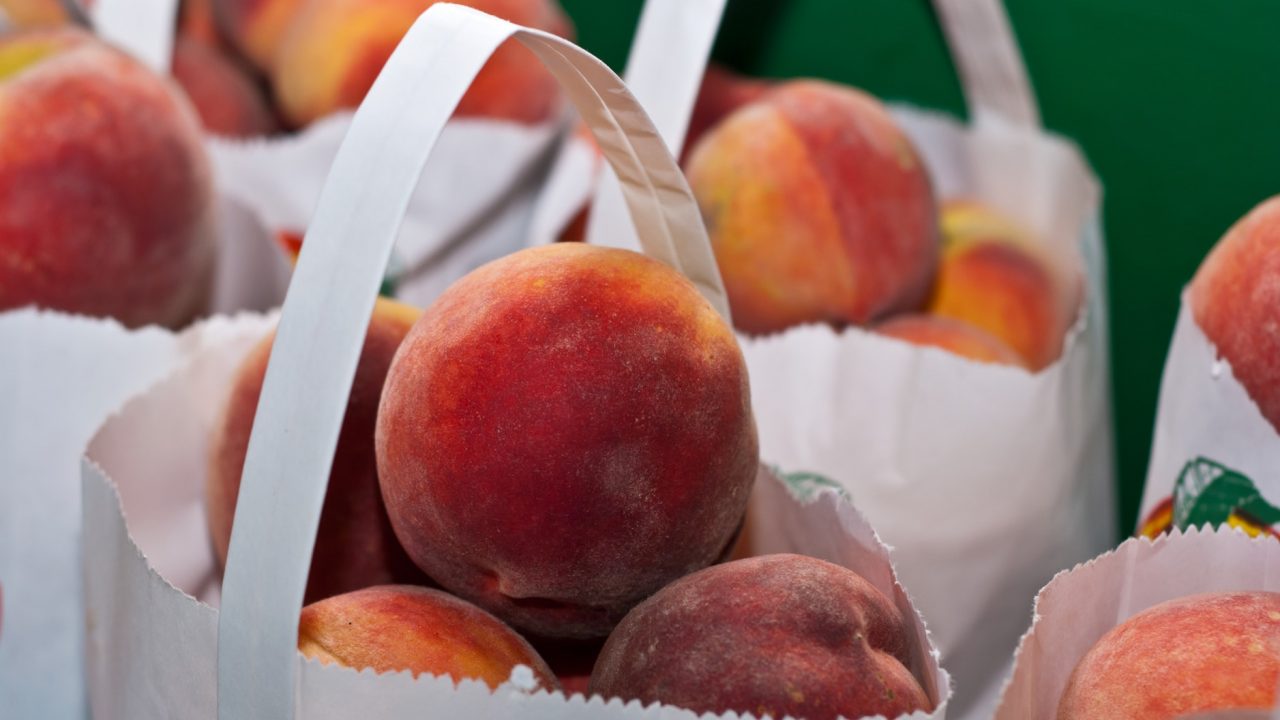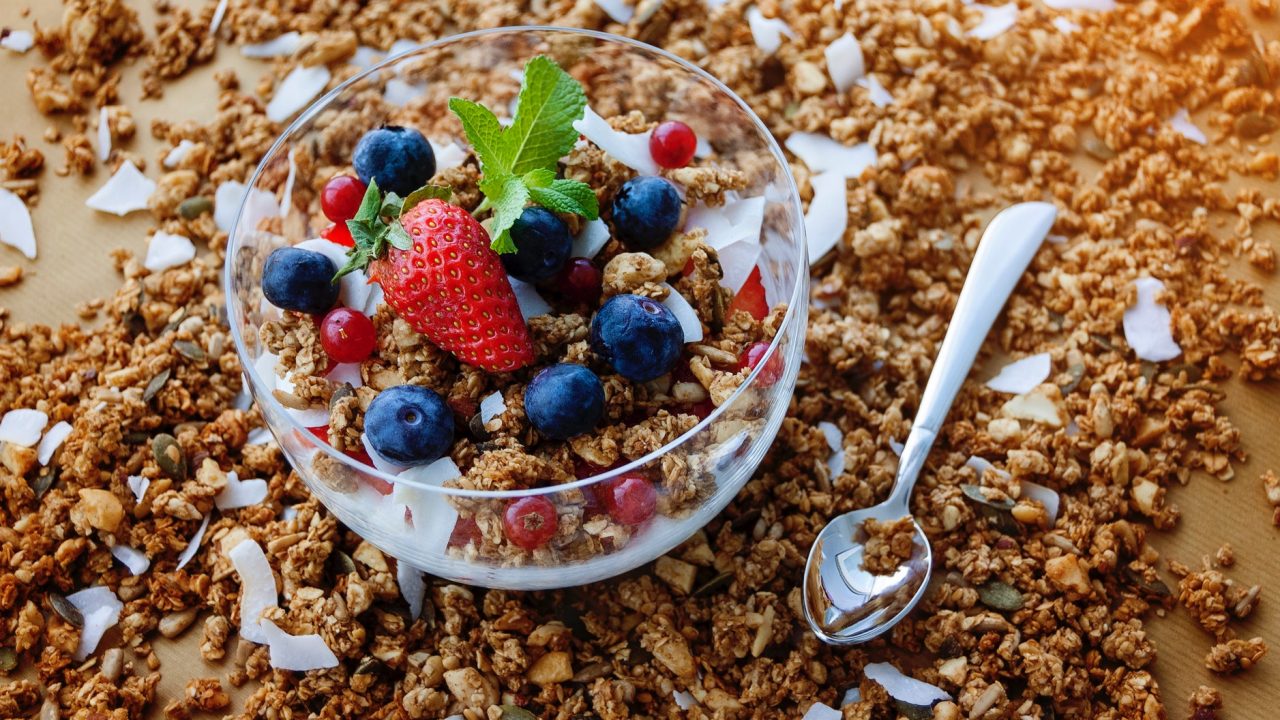What are FODMAP Foods

1 out of 10 individuals are affected by irritable bowel syndrome (IBS) each year. With symptoms such as gas and bloating, it can have a significant effect on quality of life. A solution was to change the foods we eat, avoiding foods that are causing these GI tract problems. These foods are called FODMAP and can mitigate IBS. Going on a diet low in FODMAP foods can also have other great health benefits.
What is FODMAP?
FODMAP stands for Fermentable Oligosaccharides, Disaccharides, Monosaccharides, and Polyols. These are short-chain carbohydrates and sugar alcohols that the body poorly absorbs, causing abdominal pain and bloating.
This happens because the poorly digested short-chain carbohydrates and sugar alcohols move to the large intestine and become a food source for to the bacteria that live there normally. This draws out water and produces carbon dioxide, hydrogen, and methane gas that causes the intestine to expand. The result are the common GI symptoms.
Symptoms:
- Gas
- Bloating
- Abdominal Pain
- Diarrhea
FODMAPs are typically found naturally in food, but they are also found in additives. Some of the names are: fructose (fruits and veggies), fructans (veggies and grains), lactose (dairy), galactans (legumes), and polyols (artificial sweeteners).
Foods high in FODMAP:

- Fructose: Honey, apples, mango, pear, watermelon, cherries, high fructose corn syrup
- Fructans: Artichokes, garlic, onion, shallots, rye, barley
- Lactose: Milk, yogurt, cheese, dairy desserts
- Galacto-Oligosacchardies: Most legumes, lentils, chickpeas, broccoli
- Polyols: Cauliflower, apricots, nectarines, pears, plums, peaches, prunes, mushrooms, sorbitol, mannitol, xylitol, maltitol, and isomalt
- Nuts/seeds: Cashews and pistachios
Foods to Eat:

- Dairy: Almond milk, coconut milk, lactose-free milk and yogurt, hard cheeses
- Grain: Oats, oat and rice bran, gluten-free pasta, corn, quinoa, white rice
- Fruit: Bananas, blueberries, cantaloupe, grapefruit, honeydew, kiwi, oranges, strawberries, lemon, and lime.
- Vegetable: Carrots, cucumbers, lettuce, potatoes, eggplant, ginger, olives, bean sprouts, bok choy, turnips, and parsnips.
- Protein: Beef, pork, chicken, fish, eggs, tofu, tempeh
- Nuts/seeds (small portions): Almonds, peanuts, walnuts, pine nuts, macadamias, pumpkin seeds
- Sugars/Sweeteners: Dark chocolate, maple syrup, rice malt syrup
While one might begin to think that these foods are unhealthy, there are not. Some include healthy prebiotics that helps stimulate the growth of beneficial gut bacteria. So it’s important to only limit the problematic foods in a category, not all of them.
Can FODMAP Help You Lose Weight?
A low FODMAP diet is the first treatment choice for people diagnosed with IBS, and in fact, it can improve IBS symptoms in 3 out of 4 people. But there other benefits of the diet. While the diet was designed to treat IBS, it can help lose weight. Going on a diet that limits sweeteners will always be beneficial. Moreover, because the diet can aid in digestion, individuals will process food much better and stay fuller longer. This means less snacking and smaller meals. The habits developed by being disciplined and following the diet can also help individuals lead a healthier lifestyle.
There are other conditions that a low FODMAP diet could help:
- Rheumatoid arthritis
- Multiple sclerosis
- Fibromyalgia
- Migraines
- Eczema
Conclusion
In order to help treat IBS, the FODMAP diet was created. This diet limits FODMAP foods, which are suspected to cause and increase IBS symptoms, including abdominal pain, bloating/distension, diarrhea, and gas. While a FODMAP diet doesn’t totally cure IBS, it can significantly improve symptoms and quality of life. There are other benefits to the diet, including weight loss and mitigating symptoms from diseases such as rheumatoid arthritis, multiple sclerosis, fibromyalgia, migraines, and eczema. If you are suffering from IBS or any of these conditions, contact your primary care physician and see if the FODMAP diet is right for you.
Eating and losing weight can be hard, especially on a FODMAP diet. Modern Fit has worked with individuals on the FODMAP diet to help them lose weight while mitigating their symptoms. Sign up for a 7 day trial today!


